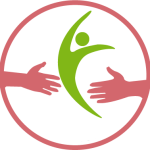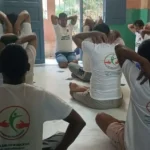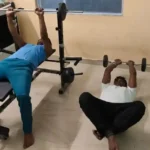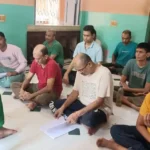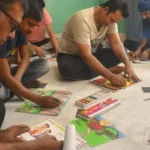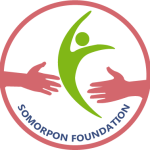Time-based Recovery Model
Structure for Healing: Time-Based Recovery Model
At Somorpon Foundation, we believe that healing from addiction requires not just treatment, but structure—a predictable rhythm to daily life that brings stability, accountability, and purpose. As a drug and alcohol rehabilitation center for men, we implement a Time-Based Recovery Model grounded in the Therapeutic Community (TC) approach. One of the most powerful tools we use is the daily schedule, which gives residents a consistent routine essential for long-term recovery.
Addiction often brings chaos—erratic sleep patterns, impulsive decisions, and disrupted relationships. In contrast, recovery thrives in consistency. At Somorpon Foundation, our structured environment replaces the unpredictability of substance use with a disciplined, healing routine that nurtures physical, emotional, and psychological well-being.
Why Structure Matters
Routine offers several critical benefits in addiction recovery:
- Stability: A regular schedule helps regulate sleep, appetite, and mood, which are often disrupted by substance use.
- Accountability: A structured day keeps residents focused on recovery goals and reduces idle time that may lead to cravings or relapse.
- Sense of Purpose: Knowing what comes next gives residents direction, builds self-worth, and reinforces the idea that they are capable of change.
- Community Integration: Shared routines strengthen the bonds within the therapeutic community and teach cooperation and mutual support.
A Day at Somorpon Foundation
Our daily schedule is designed to balance therapy, responsibility, physical activity, personal reflection, and rest. A typical day includes:
- Morning Wake-Up and Hygiene: Starts early with personal grooming and preparation, encouraging discipline and self-care.
- Community Morning Meeting: A group session to share intentions, express gratitude, and set goals for the day along with prayer and devotion.
- Therapy Sessions: Individual and group therapies using evidence-based methods like Cognitive Behavioral Therapy (CBT), Motivational Interviewing (MI), relapse prevention sessions, group discussion and recovery literature reading..
- Work Therapy and Community Roles: Residents engage in daily tasks like cleaning, cooking, or maintenance, promoting responsibility and teamwork.
- Physical Fitness and Recreation: Exercise, yoga, or sports to improve physical health and emotional regulation.
- Evening Reflections and Peer Sharing: A vital part of the day where residents reflect on progress and challenges in a supportive group setting in the manner of a twelve steps meeting.
- Personal Time and Lights Out: Structured rest allows for adequate sleep and mental reset.
Healing Through Rhythm
This time-based model provides a predictable framework in which healing can take place. Over time, the body and mind adapt to this rhythm, helping residents internalize discipline and self-regulation—essential skills for sober living.
At Somorpon Foundation, structure is not about control—it’s about freedom through discipline. In a safe, consistent environment, our residents learn to let go of the chaos of addiction and embrace a new identity rooted in responsibility, purpose, and hope.
